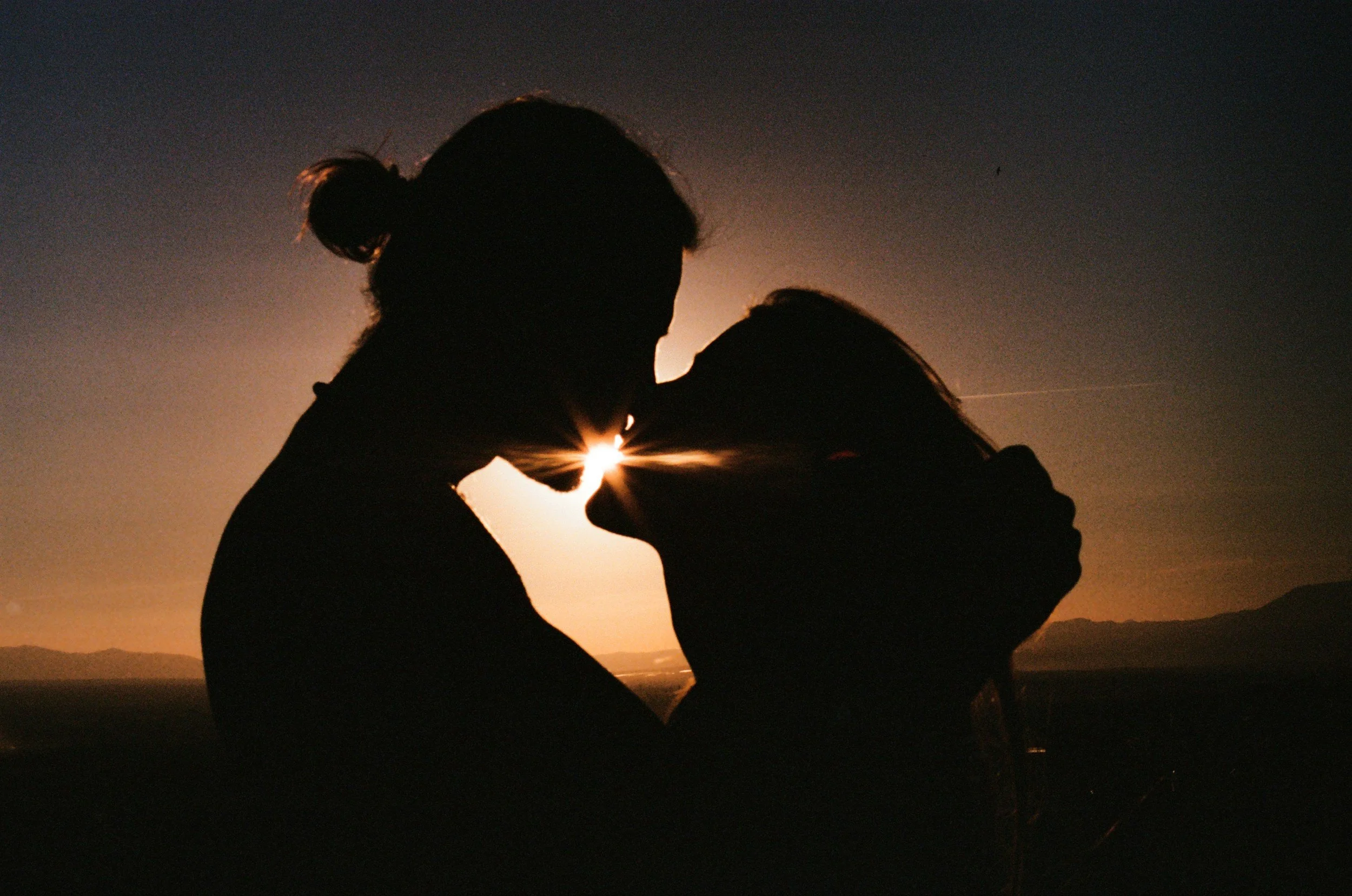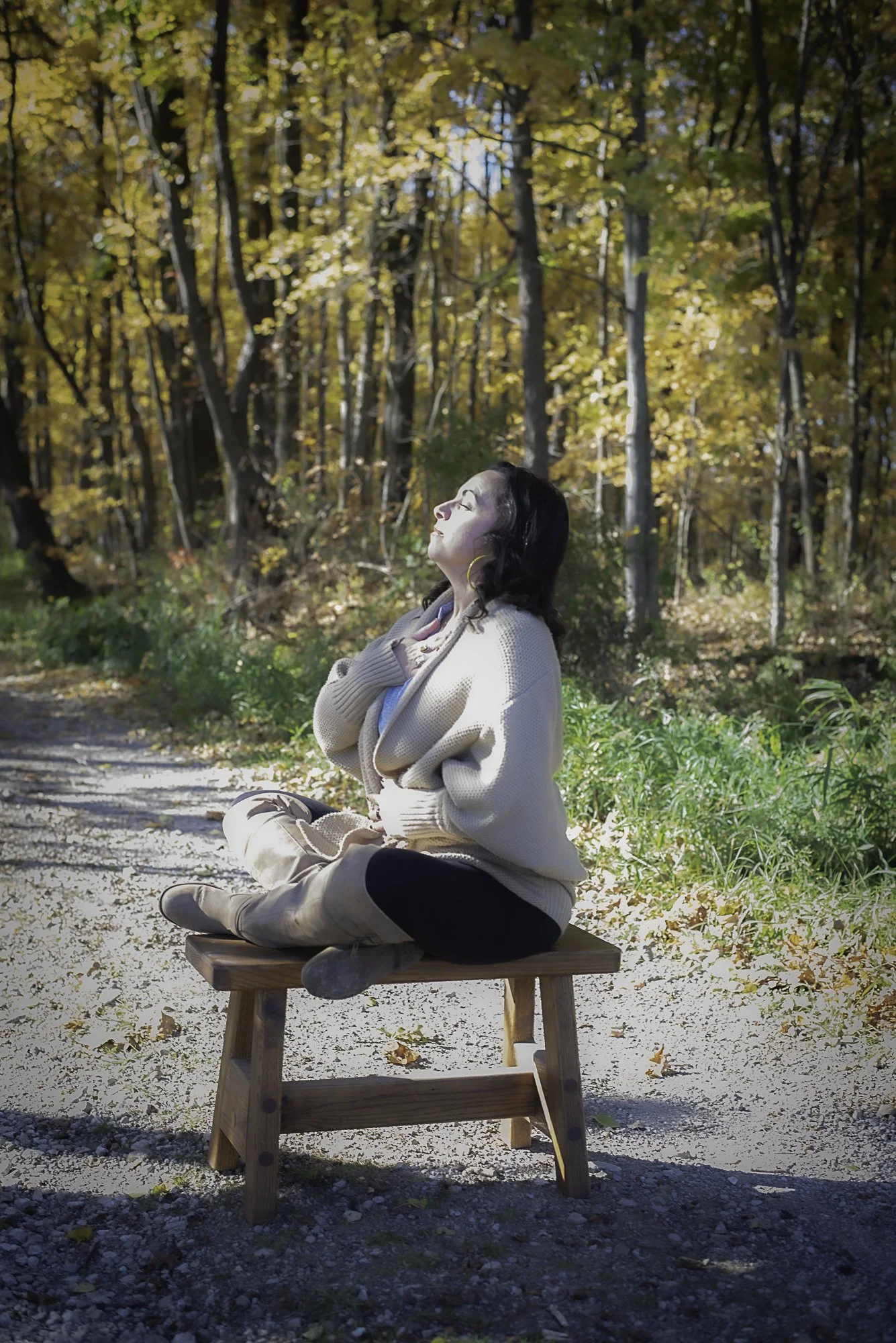The Nervous System of Love
We talk a lot about love languages — words, touch, quality time — but rarely about the language underneath them all: the language of the nervous system.
Because before love is spoken, it’s felt.
Before our minds can decide if someone is safe, our bodies already have.
When Closeness Feels Like Danger
If you’ve ever felt your chest tighten when someone pulls away, or caught yourself over-explaining, over-texting, or overthinking just to keep connection, that’s not “needy.” That’s your nervous system doing its job — trying to restore safety.
And if you’ve ever felt overwhelmed by intimacy — like you want to be close, but something in you suddenly freezes or shuts down — that’s your body, too. It’s saying, “This feels like too much, too fast.”
Love doesn’t always feel safe, even when it’s real.
Especially when it’s real. Because the body remembers what the heart forgot to heal.
Love Is a Physiological Experience
The nervous system is constantly scanning for cues of safety or danger — not in an intellectual way, but a biological one.
When we feel secure and seen, we enter the ventral vagal state — calm, connected, open.
Oxytocin flows. Digestion hums. Our breath deepens. We can stay curious instead of reactive.
When we sense rejection, criticism, or threat, the sympathetic system activates. Our heart rate rises, cortisol spikes, and adrenaline pushes us to fight for closeness or flee from pain.
And when it all feels too much, we collapse into the dorsal vagal state — numb, shut down, disconnected. That’s the “I don’t care anymore” moment — a false calm that’s really self-protection.
This isn’t emotional weakness. It’s biology.
It’s the body trying to keep you alive — even in love.
Attachment and the Body’s Memory
Our attachment styles are really nervous system patterns learned in childhood.
Anxious: “If you pull away, I’ll chase you to feel safe.”
Avoidant: “If I get too close, I’ll lose myself — I need space to feel safe.”
Secure: “We can ebb and flow and still be okay.”
In real life, we dance between these states.
One pulls back → the others body panics → they withdraw → the other feels rejected → now they spiral.
It’s not a lack of compatibility.
It’s two nervous systems trying to love through old wounds.
This is what relational alchemy looks like.
Not pretty. Not perfect.
But profoundly transformative.
Regulation Is the Real Love Language
The work isn’t about avoiding triggers — it’s about learning to stay present through them.
To pause before reacting.
To breathe when the body wants to bolt.
To remember that discomfort isn’t danger — it’s data.
That’s the beginning of nervous system literacy: Knowing what’s happening inside you before you hand it to someone else. When I can name what’s happening — “My body feels scared, not my soul” — I can meet myself with compassion instead of control. And that changes everything. Because when I regulate, I invite co-regulation. Safety begets safety. Presence builds trust. And love becomes a sanctuary, not a survival strategy.
Gratitude as Grounding
Gratitude isn’t spiritual fluff.
It’s somatic medicine.
When I pause and feel thankful —
for my body’s wisdom,
for the lesson inside the longing,
for the simple fact that I can feel this deeply —
my chemistry changes.
Cortisol drops. Oxytocin rises. My body exhales.
And suddenly, love feels safe again.
Gratitude roots me in the present moment. It brings me home to myself. It reminds me that I don’t have to chase connection — I can create safety within it.
This Is the Work
To love in a regulated body is to love without losing yourself. To notice your patterns without shame. To stay open even when your instincts want to close. To remember that both fear and love can exist in the same body — and that’s okay.
Because this is the nervous system of love.
Messy. Beautiful. Intelligent.
Always learning. Always rewiring.
And when we choose awareness over reaction, presence over panic, gratitude over fear — that’s when love becomes alchemy.
That’s when it heals.



